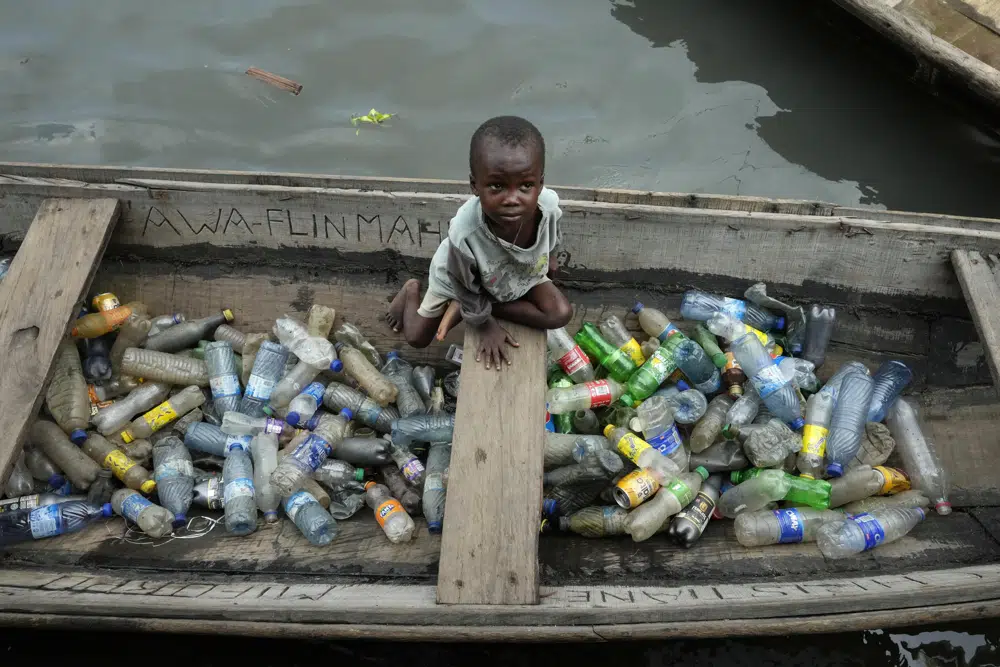

A United Nations committee is meeting Monday in Paris to work on what is intended to be a landmark treaty to bring an end to global plastic pollution, but there is little agreement yet on what the outcome should be.
The Intergovernmental Negotiating Committee for Plastics is charged with developing the first international, legally binding treaty on plastic pollution, including in the marine environment. This is the second of five meetings due to take place to complete the negotiations by the end of 2024.
At the first meeting, held six months ago in Uruguay, some countries pressed for global mandates, some for national solutions and others for both.
Humanity produces more than 430 million tons of plastic annually, two-thirds of which are short-lived products that soon become waste, filling the ocean and, often, working their way into the human food chain, the United Nations Environment Program said in April. Plastic waste produced globally is set to almost triple by 2060, with about half ending up in landfill and under a fifth recycled, according to the Organization for Economic Cooperation and Development.
Because it’s a short timeline for treaty negotiations, experts say it’s critical decisions are made about the objectives at this meeting.
The treaty could focus on human health and the environment, as desired by the self-named “high ambition coalition” of countries, led by Norway and Rwanda, with limits on plastic production and restrictions on some of the chemicals used in plastics, for example. The coalition is committed to an international, legally binding instrument to end plastic pollution by 2040. It says that this is necessary to protect human health and the environment while helping to restore biodiversity and curb climate change.